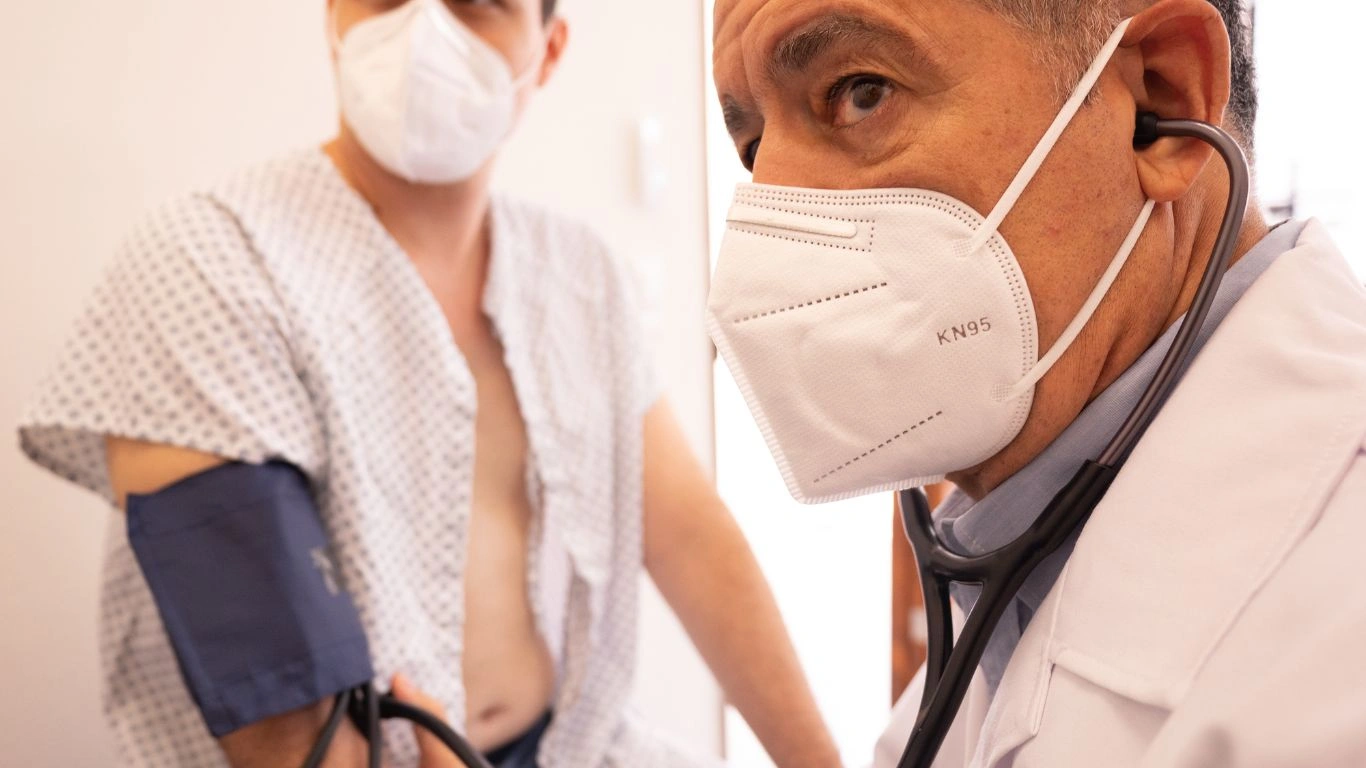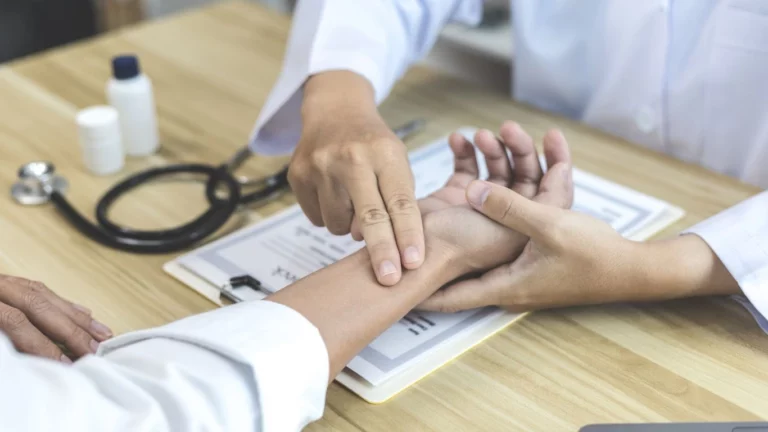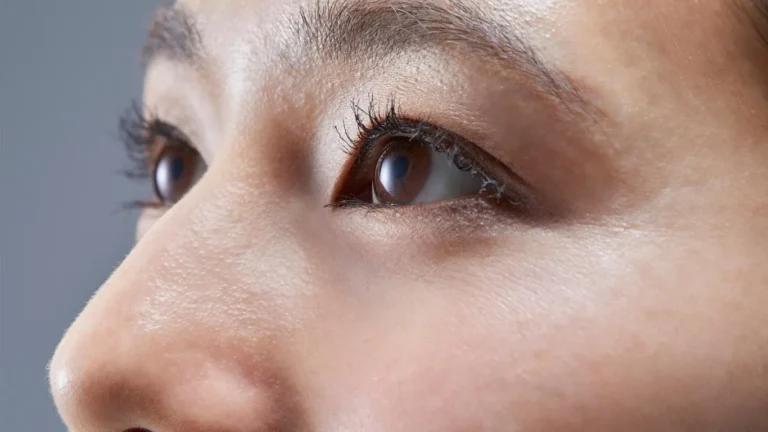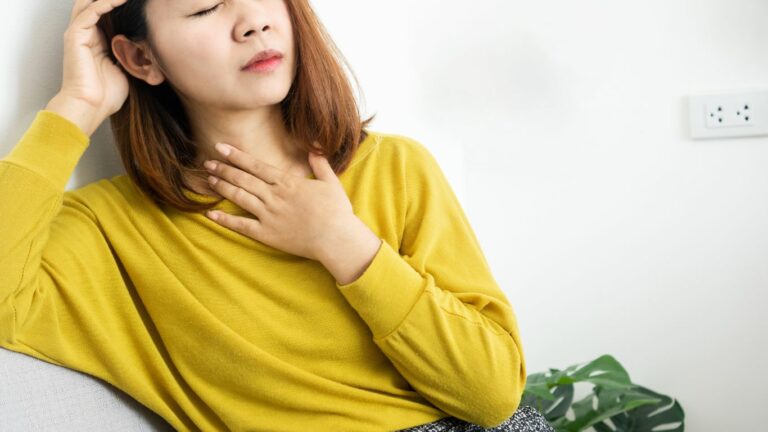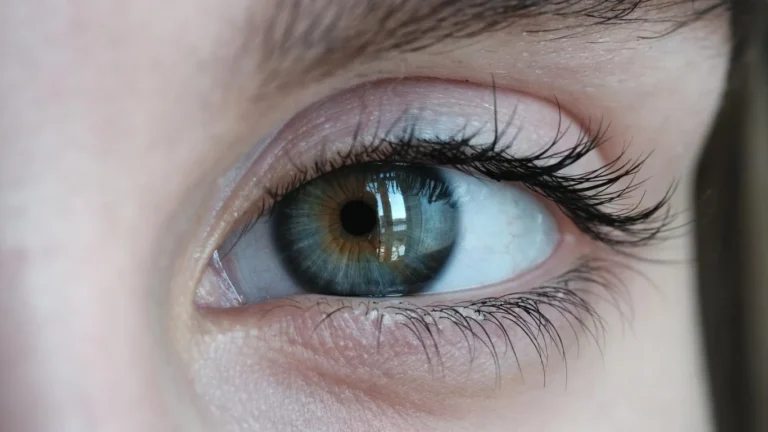Discover How Acupuncture Can Effectively Lower High Blood Pressure Naturally
If you’ve ever asked yourself, can acupuncture lower high blood pressure? — you’re definitely not alone. As an Internal Medicine physician specializing in hypertension management, I’ve had countless conversations with patients curious about alternative ways to manage their blood pressure. High blood pressure, or hypertension, affects millions worldwide, and while medications are often the first line of defense, many people want to explore natural options that could complement their treatment. Acupuncture is one such method that frequently comes up in those discussions. But does it really work? Let’s dive into what acupuncture is, how it might impact blood pressure, and what the science says.
What Is Acupuncture and How Does It Work?

At its core, acupuncture is an ancient Chinese therapy that involves inserting very thin needles into specific points on the body. These points are believed to stimulate the body’s natural healing processes by balancing energy flow — called Qi — throughout the body. From a Western medicine perspective, acupuncture is thought to influence the nervous system, releasing chemicals that can help reduce pain, lower stress, and potentially regulate blood pressure.
In my clinical experience, patients often report feeling more relaxed and less stressed after acupuncture sessions. Since stress and anxiety are known contributors to high blood pressure, this calming effect alone could have a meaningful impact on hypertension management.
Why People Turn to Acupuncture for Blood Pressure
- Natural alternative: Many patients prefer to avoid or reduce medications due to side effects or personal beliefs.
- Complementary therapy: Acupuncture can be combined with lifestyle changes and medication to improve overall outcomes.
- Stress reduction: Since stress drives up blood pressure, acupuncture’s relaxing effects are appealing.
- Holistic approach: The therapy addresses physical and emotional well-being simultaneously.
Still, as someone who regularly manages hypertension, I always caution patients that acupuncture should not replace their prescribed treatment. Instead, think of it as a potential adjunct, something that might work alongside proven methods rather than instead of them.
What Does Research Say About Acupuncture and Blood Pressure?
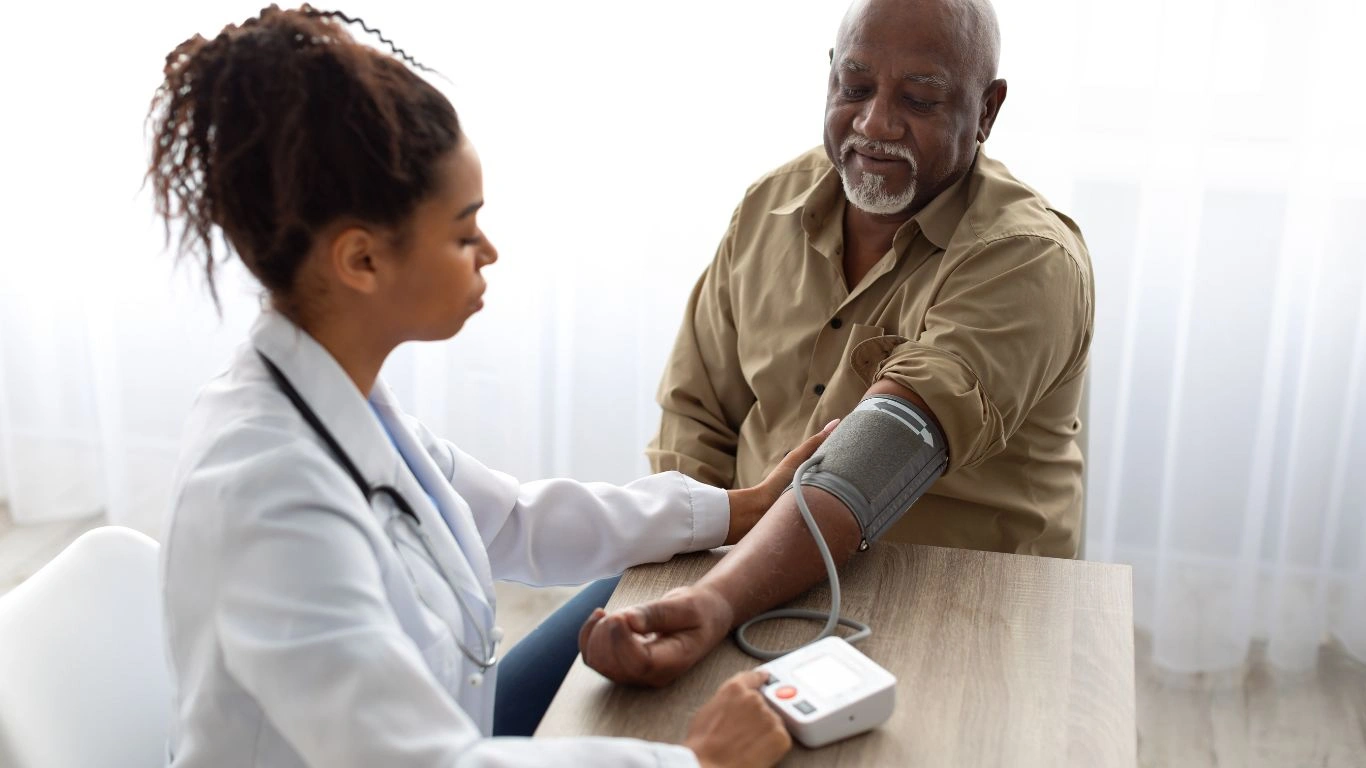
The question can acupuncture lower high blood pressure? has sparked numerous studies over the years. Some research has found promising results showing modest reductions in both systolic and diastolic blood pressure after acupuncture treatment, especially when combined with lifestyle modifications.
One interesting point is that the blood pressure-lowering effects of acupuncture may not be immediate but develop gradually with repeated sessions. This aligns with what many of my patients have described — no dramatic change after one visit, but noticeable improvements after several weeks.
How Acupuncture Might Affect Blood Pressure
- Activation of the nervous system: Stimulating certain acupuncture points may influence the autonomic nervous system, which controls blood vessel dilation and heart rate.
- Reduction in stress hormones: Acupuncture may lower cortisol and adrenaline levels, hormones that spike during stress and increase blood pressure.
- Improved vascular function: Some studies suggest acupuncture might enhance nitric oxide production, which helps blood vessels relax.
That said, not all studies agree. The quality of research varies, and some trials have been small or lacked proper controls. This is why medical professionals like me always emphasize acupuncture as a complementary approach rather than a stand-alone solution for hypertension.
My Experience: Patient Stories and Real-Life Effects

Over the years, I’ve seen a mix of responses among my patients who try acupuncture. Some notice meaningful blood pressure drops and improved well-being, while others find it helpful mainly for stress and relaxation without significant BP changes. One patient, for instance, came to me struggling with resistant hypertension despite multiple medications. After starting weekly acupuncture, she reported feeling calmer, sleeping better, and her blood pressure readings gradually improved.
It’s important to note that lifestyle changes like diet, exercise, and weight management still remain the pillars of effective hypertension control. Acupuncture might support these efforts but isn’t a magic fix on its own.
Who Should Consider Acupuncture for High Blood Pressure?

So, can acupuncture lower high blood pressure? The honest answer is—it depends on the individual. From my experience, acupuncture is not a one-size-fits-all solution, but it can be a valuable tool for certain groups of people living with hypertension.
If you’re someone who:
- Struggles with side effects from blood pressure medications,
- Feels stressed or anxious frequently,
- Is interested in complementary therapies alongside conventional treatment,
- Prefers natural, holistic approaches,
then acupuncture might be worth exploring. It’s especially helpful if your blood pressure is borderline high or if you want to improve your overall cardiovascular health and wellbeing.
That said, for patients with very high or uncontrolled hypertension, acupuncture should never replace medications prescribed by a physician. During my consultations, I always emphasize the importance of sticking with proven treatments first and using acupuncture as a supportive measure rather than a substitute.
Safety and Side Effects to Keep in Mind
One of the reasons patients feel comfortable trying acupuncture is because it’s generally safe when performed by a qualified practitioner. In my practice, I often advise patients to look for licensed acupuncturists who follow proper hygiene and needle protocols to minimize risks.
Possible side effects are usually mild and temporary. These might include:
- Minor bruising or soreness at needle sites
- Lightheadedness or fatigue immediately after treatment
- Rarely, infections if sterile techniques aren’t followed
For most people, acupuncture feels relaxing rather than painful, which helps with stress reduction—a key factor in blood pressure control.
How Often Should You Get Acupuncture for Blood Pressure?
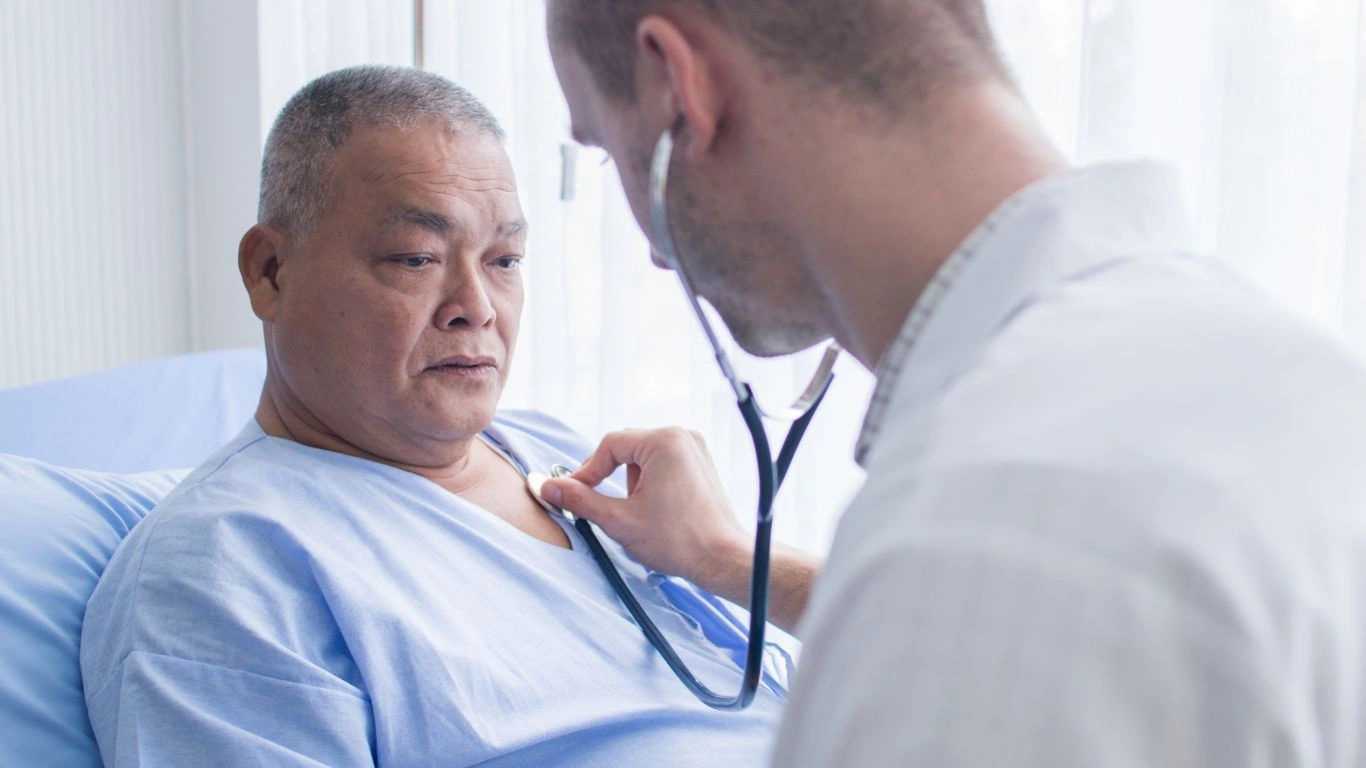
Many patients ask me, “How many acupuncture sessions do I need before I see results?” That’s a great question, and the answer isn’t black and white. Based on both clinical studies and my patients’ experiences, acupuncture’s benefits tend to build up over time.
Typically, people undergoing acupuncture for hypertension might start with:
- One to two sessions per week for the first month,
- Then tapering down to weekly or biweekly sessions based on response,
- Maintenance treatments monthly or as needed to sustain benefits.
Personally, I encourage patients to keep track of their blood pressure readings before and after acupuncture to see if there’s a meaningful change. Sometimes the effects are subtle but noticeable, especially when combined with healthy lifestyle habits.
Combining Acupuncture With Lifestyle Changes
In managing hypertension, nothing beats a solid foundation of lifestyle adjustments. Acupuncture can be a great complement to these, but it won’t replace the basics. Here’s what I always recommend alongside acupuncture:
- Healthy diet: Reducing sodium, eating plenty of fruits and vegetables, and avoiding processed foods.
- Regular physical activity: Even moderate exercise like walking or yoga helps improve heart health.
- Weight management: Maintaining a healthy weight significantly lowers blood pressure risk.
- Stress management: Techniques like meditation, deep breathing, and yes—acupuncture—can all help.
- Limiting alcohol and quitting smoking: Both have clear negative impacts on blood pressure and overall cardiovascular health.
Patients who combine acupuncture with these lifestyle changes often report not just better blood pressure readings but also improved mood, better sleep, and increased energy. Those “extra” benefits are a big part of why I’m open to acupuncture as an adjunct treatment.
What to Expect During an Acupuncture Session for Hypertension
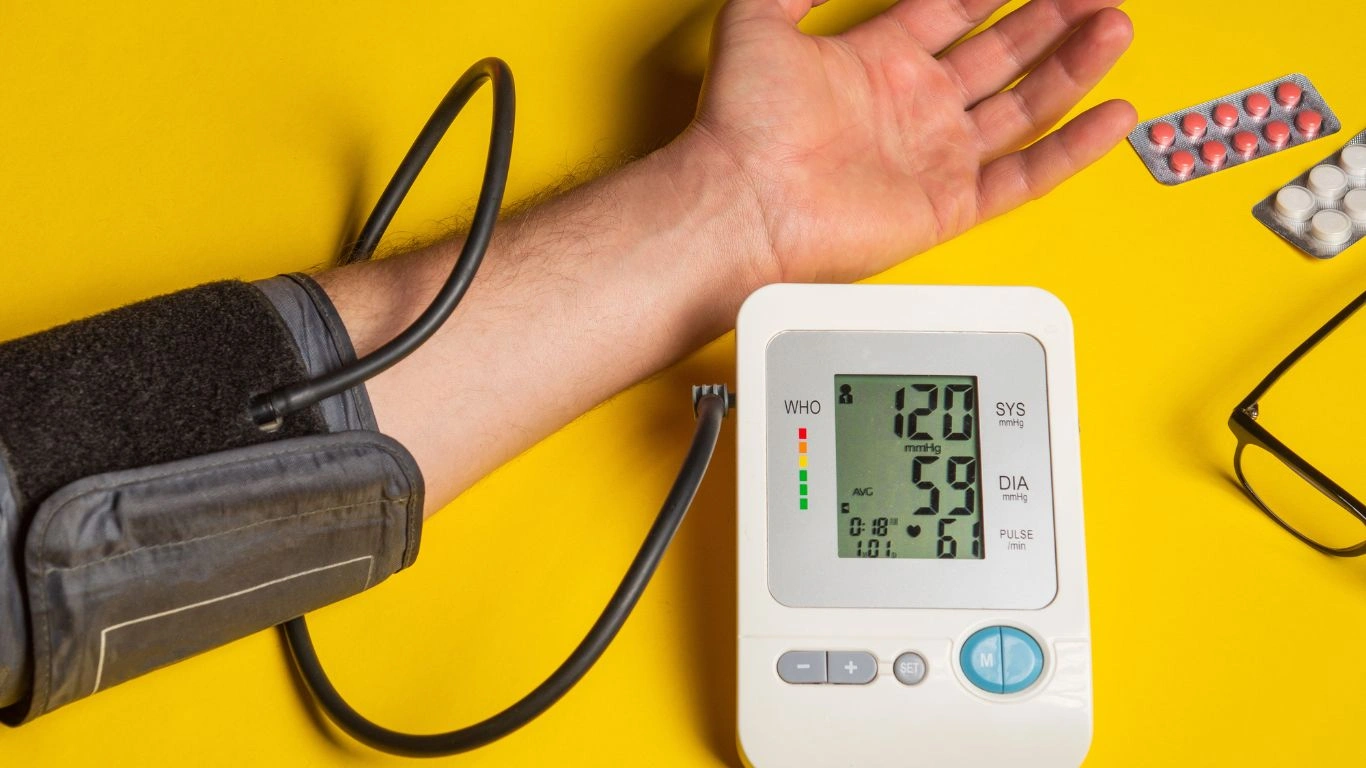
If you’ve never had acupuncture before, you might be curious about what a typical session looks like—especially when the focus is on high blood pressure. Here’s a quick rundown based on what I’ve seen in clinical settings and from patient feedback:
- Initial consultation: The practitioner will take your health history, discuss your blood pressure issues, and set treatment goals.
- Needle placement: Thin, sterile needles are inserted at specific points—often on the arms, legs, ears, and sometimes the back.
- Duration: Needles usually stay in place for about 20-30 minutes while you relax, often lying comfortably on a table.
- Aftercare: You might feel relaxed, sleepy, or even energized after a session. Drinking water and avoiding strenuous activity is typically advised.
Patients frequently describe the sensation as a mild tingling or dull ache when needles are inserted. It’s rarely painful, and most people find the overall experience calming. In fact, stress relief from the session might be just as beneficial for blood pressure as any direct physiological effect.
Integrating Acupuncture Into Your Hypertension Management Plan
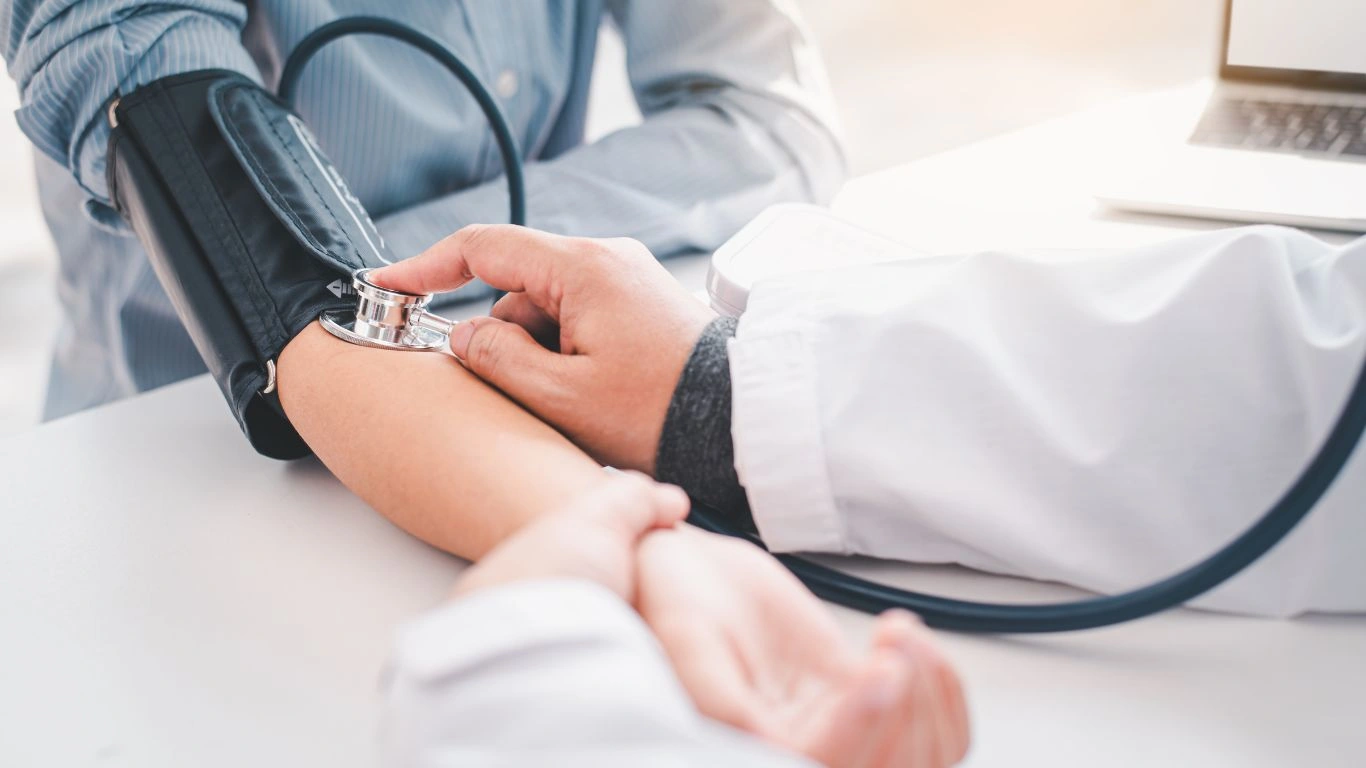
By now, you might be wondering how to fit acupuncture into the bigger picture of managing high blood pressure. From my perspective as an Internal Medicine physician, the key is integration—not replacement. Acupuncture can be a valuable part of a holistic plan that includes medication (if needed), lifestyle changes, and regular monitoring.
When patients come to me asking about acupuncture, I always stress a few important points:
- Keep up with your prescribed medications. Even if you’re feeling better after acupuncture sessions, don’t stop or adjust your meds without your doctor’s guidance.
- Use acupuncture as a complement. Think of it as an added layer of support—particularly for stress reduction and overall well-being.
- Communicate openly with your healthcare team. Let your physician know if you’re trying acupuncture, so everyone’s on the same page regarding your care.
In my clinical practice, I’ve seen patients thrive when they treat their hypertension from multiple angles. Acupuncture can reduce stress, improve sleep quality, and even promote better blood flow, all of which contribute positively to cardiovascular health. But the foundation remains: diet, exercise, medication adherence, and routine blood pressure checks.
What to Look for When Choosing an Acupuncturist
Not all acupuncture practitioners are created equal, so it’s important to choose carefully. Here’s what I advise my patients to consider:
- Certification and licensing: Make sure the practitioner is licensed in your state or country and has proper credentials.
- Experience with hypertension: Ask if they have experience treating patients with high blood pressure or other cardiovascular issues.
- Clean and professional setting: The clinic should follow strict hygiene protocols, including single-use needles.
- Good communication: You want someone who listens and tailors treatments to your needs.
Choosing the right practitioner not only ensures safety but can enhance the effectiveness of the treatment. I always recommend scheduling a consultation beforehand to discuss your health goals and any concerns.
The Science Behind Acupuncture and Blood Pressure: What You Should Know
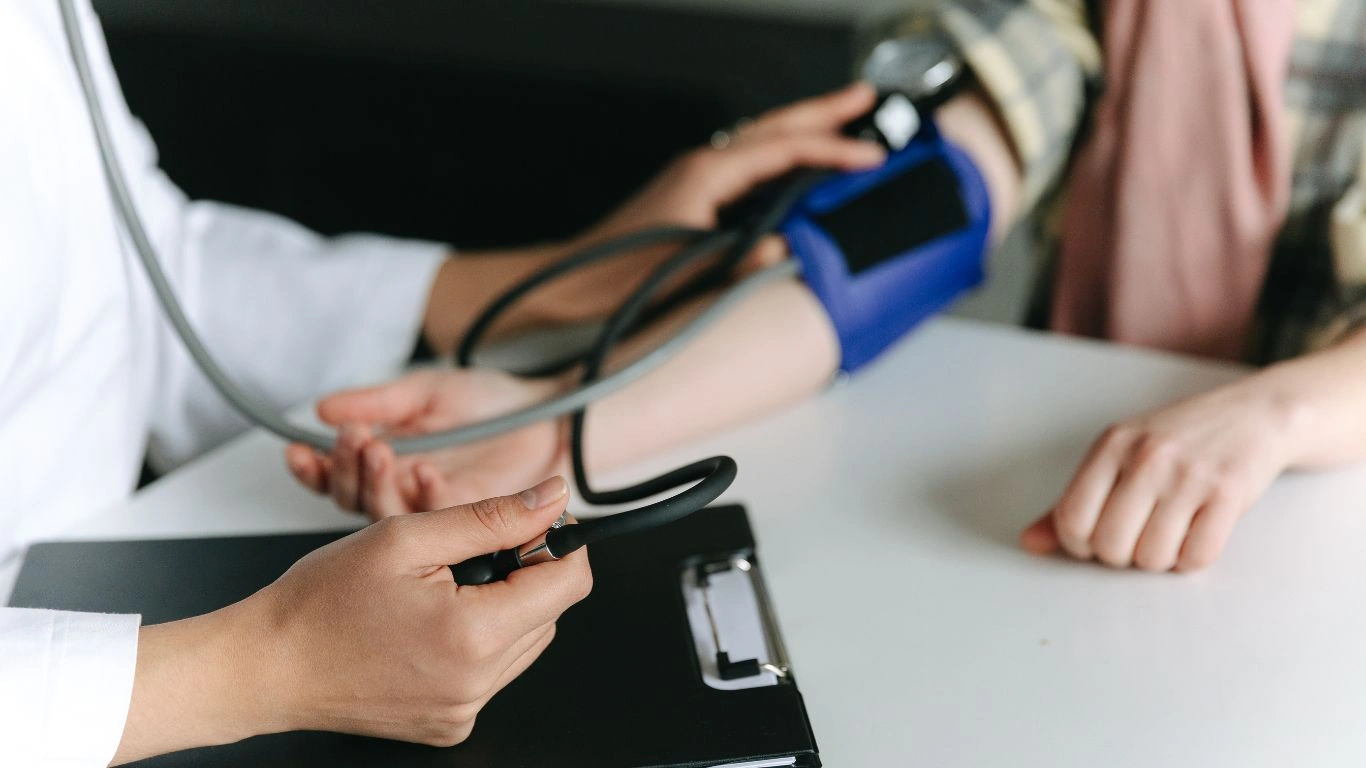
Understanding can acupuncture lower high blood pressure? also means looking at the scientific evidence from a critical, balanced perspective. While the mechanism isn’t fully understood, several theories supported by clinical studies help explain acupuncture’s role.
One key mechanism involves the modulation of the autonomic nervous system. Acupuncture appears to activate certain nerves and brain regions that regulate blood vessel tone and heart rate. This can lead to relaxation of blood vessels and lower peripheral resistance, which directly influences blood pressure.
Additionally, acupuncture seems to trigger the release of natural chemicals like endorphins and nitric oxide, which promote vasodilation (widening of blood vessels) and pain relief. This combined effect can support better blood flow and reduce hypertension.
However, as with many alternative therapies, the evidence is mixed. Some large meta-analyses show moderate benefits, especially when acupuncture is used alongside conventional treatments, while others find the effects more modest. This is why leading medical organizations recommend acupuncture as an adjunct, not a replacement.
From my professional experience and reviewing the literature, acupuncture holds promise—but it’s not a standalone cure. The best results come from a well-rounded approach tailored to each person’s health profile.
Research Sources and Further Reading
Final Thoughts: Is Acupuncture Right for You?
Deciding whether to try acupuncture to help with high blood pressure is a personal choice. Based on my years managing hypertension patients, it can offer meaningful support—especially in reducing stress and promoting relaxation, which are vital for heart health. But it’s never a quick fix or substitute for medication when that’s necessary.
Before you start acupuncture, chat with your healthcare provider to ensure it fits your individual care plan. And if you do try it, give yourself time to see how your body responds—patience and consistency are key.
At the end of the day, managing hypertension is a marathon, not a sprint. The more tools and strategies you have working together, the better your chances of keeping your blood pressure in a healthy range and feeling your best.
Disclaimer
This article is for informational purposes only and does not replace professional medical advice, diagnosis, or treatment. Always consult your healthcare provider before starting any new treatment or therapy, including acupuncture. Individual results may vary.

Dr. Gwenna Aazee is a board-certified Internal Medicine Physician with a special focus on hypertension management, chronic disease prevention, and patient education. With years of experience in both clinical practice and medical writing, she’s passionate about turning evidence-based medicine into accessible, actionable advice. Through her work at Healthusias.com, Dr. Aazee empowers readers to take charge of their health with confidence and clarity. Off the clock, she enjoys deep dives into nutrition research, long walks with her rescue pup, and simplifying medical jargon one article at a time.

